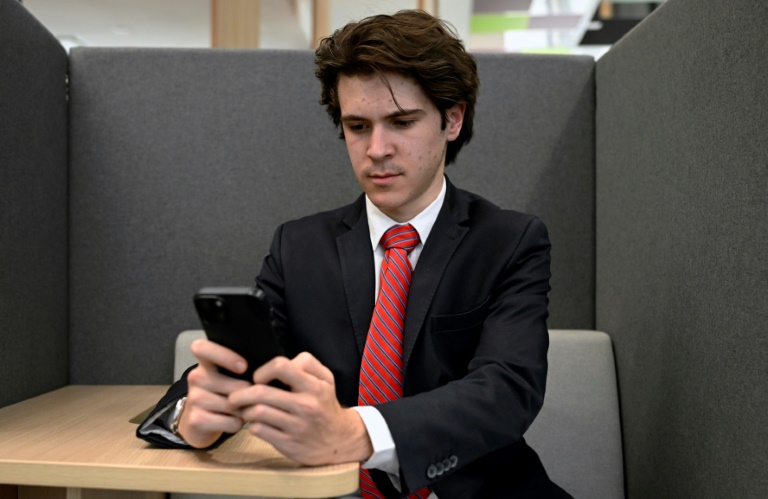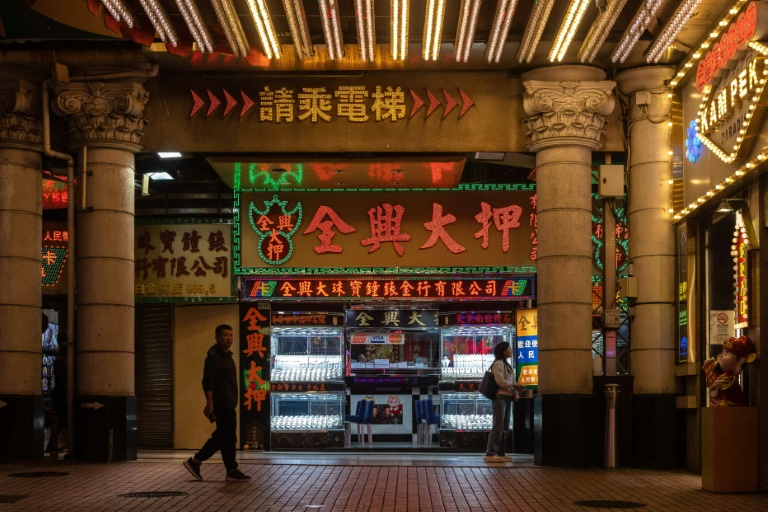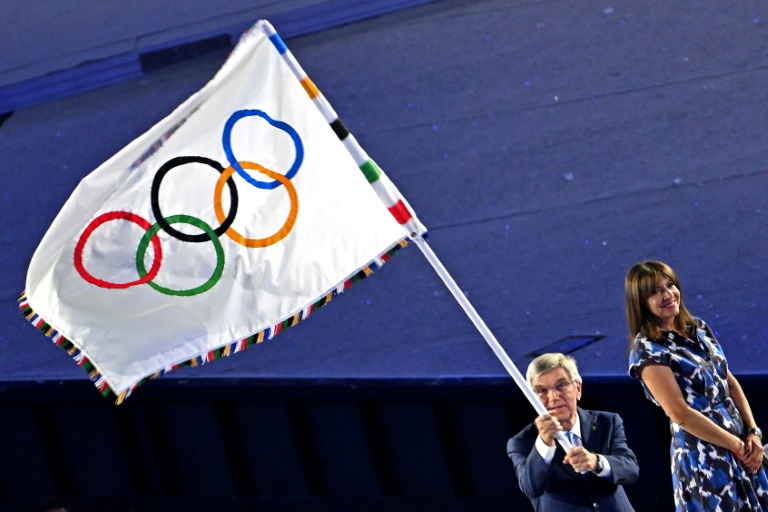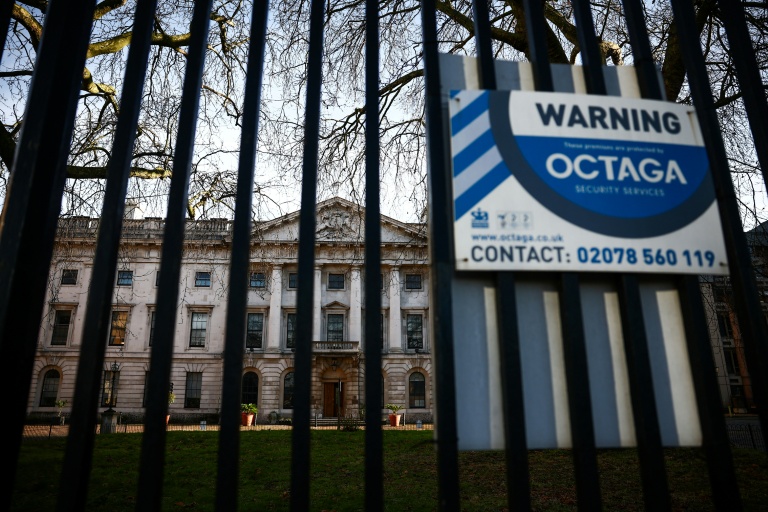Smartphone in hand, Mexican law student Gerardo Vera records a short political news video for TikTok aimed at younger voters who will be a major force in this year’s presidential elections.
While politicians are increasingly using social media to reach young voters, Mexicans preparing to vote for the first time are themselves turning to such platforms to understand politics.
“Let’s talk about President (Andres Manuel) Lopez Obrador’s mega-package of reforms,” said Vera, 19, addressing his two million followers on TikTok, the popular app owned by Chinese technology firm ByteDance.
His daily videos reach a crucial audience ahead of the June 2 election, which is expected to produce Mexico’s first woman president.
According to the national statistics agency INEGI, more than a quarter of the almost 99 million Mexicans eligible to vote are aged 18-29.
And 4.1 million of them — including Vera — will cast their ballots for the first time in the elections, campaigning for which officially starts on Friday.
Younger Mexicans “will define the vote,” Vera said.
“But I think it goes beyond that. We’re the ones who will pay the price” for the election result, he added.
The influencer describes his work as “an attempt to bring politics to the people, to democratize public knowledge” and to help everyone to form their own opinion based on facts.
Each shot in Vera’s videos lasts no more than a few seconds, and behind him colorful images or graphics illustrate his point.
He records one sentence at a time, choosing words that are as neutral as possible.
“No, it’s going to sound like I admire the president,” he muttered at one point, erasing a shot about increases in the minimum wage.
To try to remain unbiased, he sometimes imagines what his right-leaning aunt or more leftist uncle would think.
Some 16 percent of people aged 18-24 in Mexico use TikTok for news, compared with 20 percent globally, according to the Digital News Report 2023 from the Reuters Institute.
Driven by the vertical format of TikTok, rival Instagram’s “Reels” or YouTube’s “Shorts,” the consumption of videos on social networks is increasingly important for this age group, to the detriment of traditional media, the same study said.
“Often people, myself included, are too lazy to find out” about the main election candidates, said Maria Emilia Diaz, a 19-year-old friend and follower of Vera.
“So it’s great that just by joining a platform… out of nowhere you get a TikTok video that increases your interest and you’re not wasting your time watching it,” she added.
The two frontrunners in the presidential race are both women — former Mexico City mayor Claudia Sheinbaum and her main rival Xochitl Galvez, from the opposition coalition.
TikTok and other social media sites are already a key battleground for them.
Vera’s core belief is critical thinking.
He credits the influence of his grandmother — a teacher who made him socially conscious — and his grandfather who was a lawyer and introduced him to politics.
At the age of 12, he opened his first Instagram account and covered the news for people close to him, starting with the US presidential elections in 2016.
He continued with the Mexican presidential election in 2018.
If there is one issue that affects every young Mexican, it is insecurity that plagues the country, Vera believes.
He considers that he was “born in a country at war” — a reference to the military campaign launched against drug cartels by then president Felipe Calderon in 2006.
Most young people elsewhere in the world when asked would probably say a global issue like climate change concerned them the most, Vera said.
“But in Mexico it’s insecurity — without a doubt,” he said.
Becoming a public figure at a very young age, Vera faced attacks on social networks, including death threats on one occasion.
To relax, he listens to David Bowie on vinyl, or goes out with his friends.
He said he was undecided who to vote for in June, but would be sure to exercise his democratic right.
“We are a generation, I think, that is very politicized,” he said.
AFP
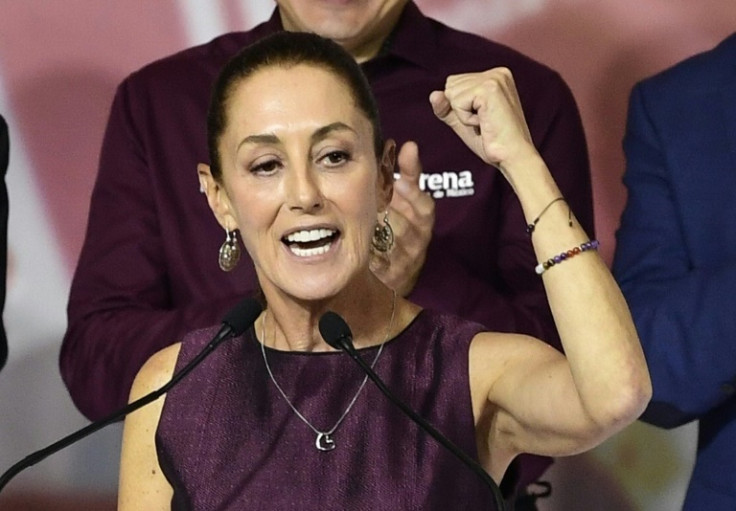
AFP

